Every day, the mama rabbits each dig a new hole. Some shallow, some deep — so deep it astonishes me. “How did you do that in just a few hours?” I ask them, peering into their dark, serious little eyes. Is it boredom? Third-trimester nesting? They stare back, grunting when I dare to reach my hand in to fill their water bowls. You underestimate the power of my will, they seem to answer me, their little noses scuffed and browned with dirt. Beautiful, mighty, and fierce little creatures.
We have declared them for our service, breeding and raising them for our own thoughtful consumption. Thoughtful, and still deadly. We have striven to give them homes as comfortable as possible, and indeed as true to their native environment as possible, while maintaining convenience for ourselves in monitoring their behaviors, their interactions with each other, and streamlining our care of them.
We raise our rabbits on the ground. They live in shelters which are moved to fresh grass every day or so. Is it the best way? It’s not for me to say, but this is what best aligns for us. And I think they like it. But for the females — especially when hormones are heightened during pregnancy — living on the ground gives them leave to dig holes.
I follow behind their shelters, shoveling dirt into the holes and gently muttering admonitions. Come on, girls. An extra step for me — and the risk of a twisted ankle, if I miss one. But if this is what they were made to do, ought I to hold it against them?
Last Saturday we dispatched and processed our second batch of fryers. The task went quicker than the first time, with two of us doing the knife work in tandem and having the benefit of some experience. Two by two, we dispatched, dressed out, cleaned, and chilled them. Our freezer is full once again.
We can’t help but feel an honest pride once the task is complete. I find the most enjoyment in work that is done this way — at home, together, by my husband’s side. Home work. There are only a few such tasks. In most areas of life, his work is separate from mine. He leaves in the morning with his tools. Most of my work in tending our home is solitary — laundry, cooking, gardening, choring, harvesting. So whenever a job arises that will take the two of us, together, it feels like an honor. Still work, but the best kind.
Work has become for many people something to escape out from under. Our culture wants to “leave work at work”. I’ve expressed this, too. I’ve had my share of jobs that mattered no more to me than the paycheck they provided. And for many people, their jobs are so emotionally (or physically) taxing that they need that clear distinction for their own peace of mind. The downside of this perspective, I think, is that home has become a place of leisure and even laziness, where people feel entitled only to consume and never contribute.
This is a woeful view of the potential of a home. In the most unromantic view, homes require work for smooth running. But more than that, home life flourishes when work remains an integral part. I’ve been thinking and writing a lot about the productive home, and I wrote this in my journal the other day:
“I believe the most sincerely and the most hopefully in the work of the home, because it is a category of work that is defined by and revolves around people. Those people are most likely kin to one another, but maybe they’re not. There’s all kinds of work that needs doing on a homestead: the work of feeding one another, and of feeding the animals that feed you; clothing one another — which includes keeping those clothes washed and ready; keeping a home clean and beautiful; entertaining one another, and any visitors who might come; educating oneself and each other; growing in skills — growing in love — growing in grace and knowledge of the truth. Exhausting, beautifying, cup-overflowing work. What a shame it would be to leave work “at work.”
Home is where ideals meet reality. Its discipline is cultivated, by keeping the tension of balance between work and leisure. Surely there is enough room for both, and we might be surprised to find that one nourishes the other.
At our home, we raise rabbits. Someday I hope to raise more animals — and little humans! — which will undoubtedly bring more joy, more challenge, more exhaustion, and yes — even more death. It comes part and parcel with life.
Taking the life of something is never pleasant. It will take me long time to get used to dispatching an animal, and I hope I will always keep a reverent attitude about it. All in all, taken as an entire picture of life serving life, processing the young meat rabbits was not unpleasant. Near around 7 pm, we stashed the last of the little pink bundles into the freezer and closed the lid. We felt almost celebratory — in a tired, slightly bittersweet, contented sort of way.
Good job, my sweetheart. And supper, though late, as a fitting reward.
“This good-fellowship – camaraderie, usually occurring through similarity of pursuits, is unfortunately seldom super-added to love between the sexes, because they associate not in their labours but in their pleasures merely. Where however happy circumstance permits its development the compounded feeling proves itself to be the only love which is strong as death – that love which many waters cannot quench, nor the floods drown, beside which the passion usually called by the name is evanescent as steam.”
~ Thomas Hardy, Far From the Madding Crowd
The LORD God took the man and put him in the garden of Eden to work it and keep it. ~ Genesis 2:15
Blessed is everyone who fears the LORD, who walks in his ways! You shall eat the fruit of the labor of your hands; you shall be blessed, and it shall be well with you. ~ Psalm 128:1-2
Happy June, my friends. May your domestic efforts be blessed, and may your homes flourish with shared and meaningful work.


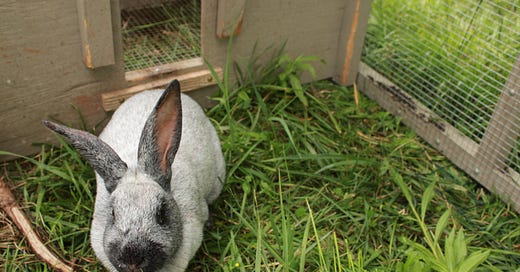



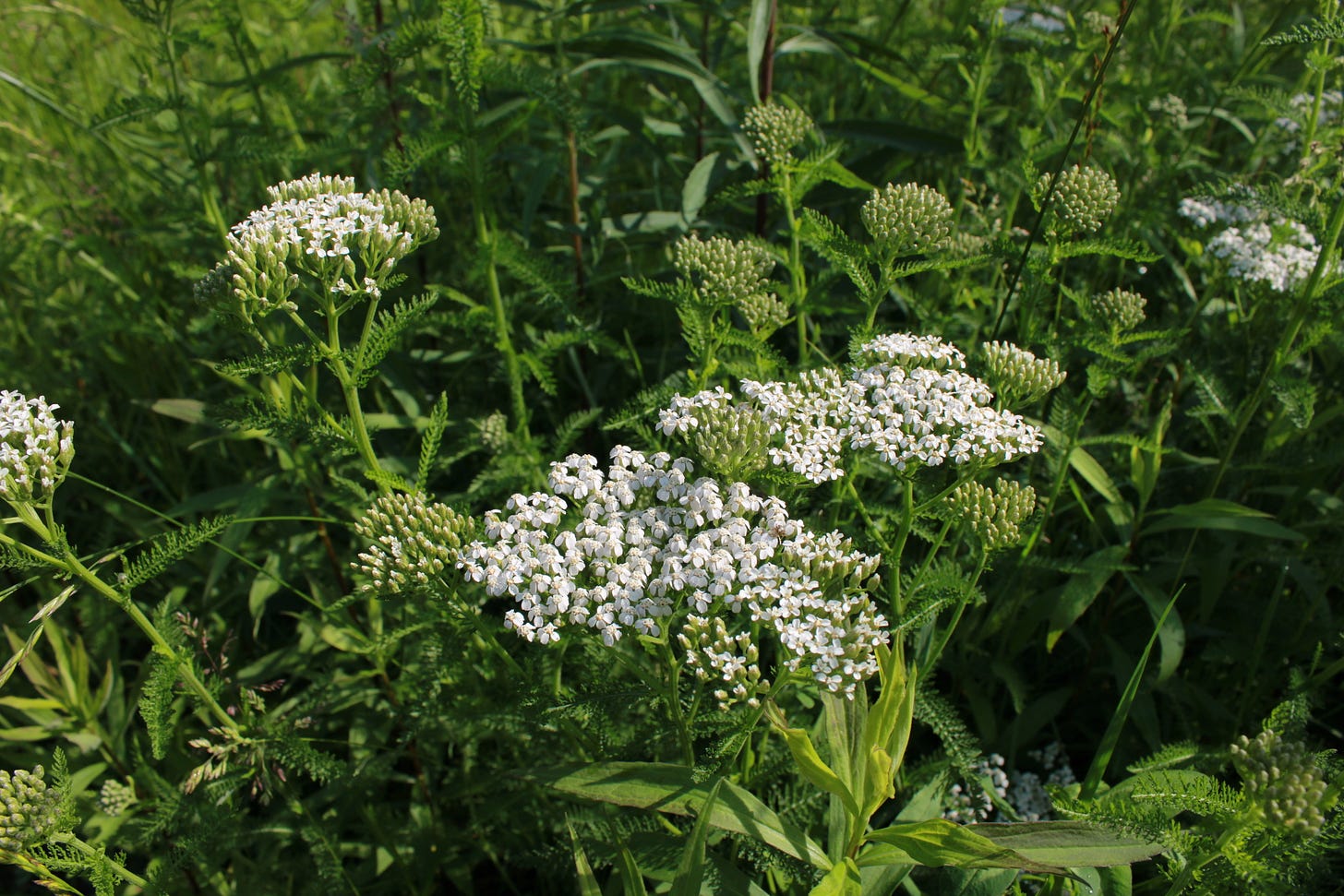
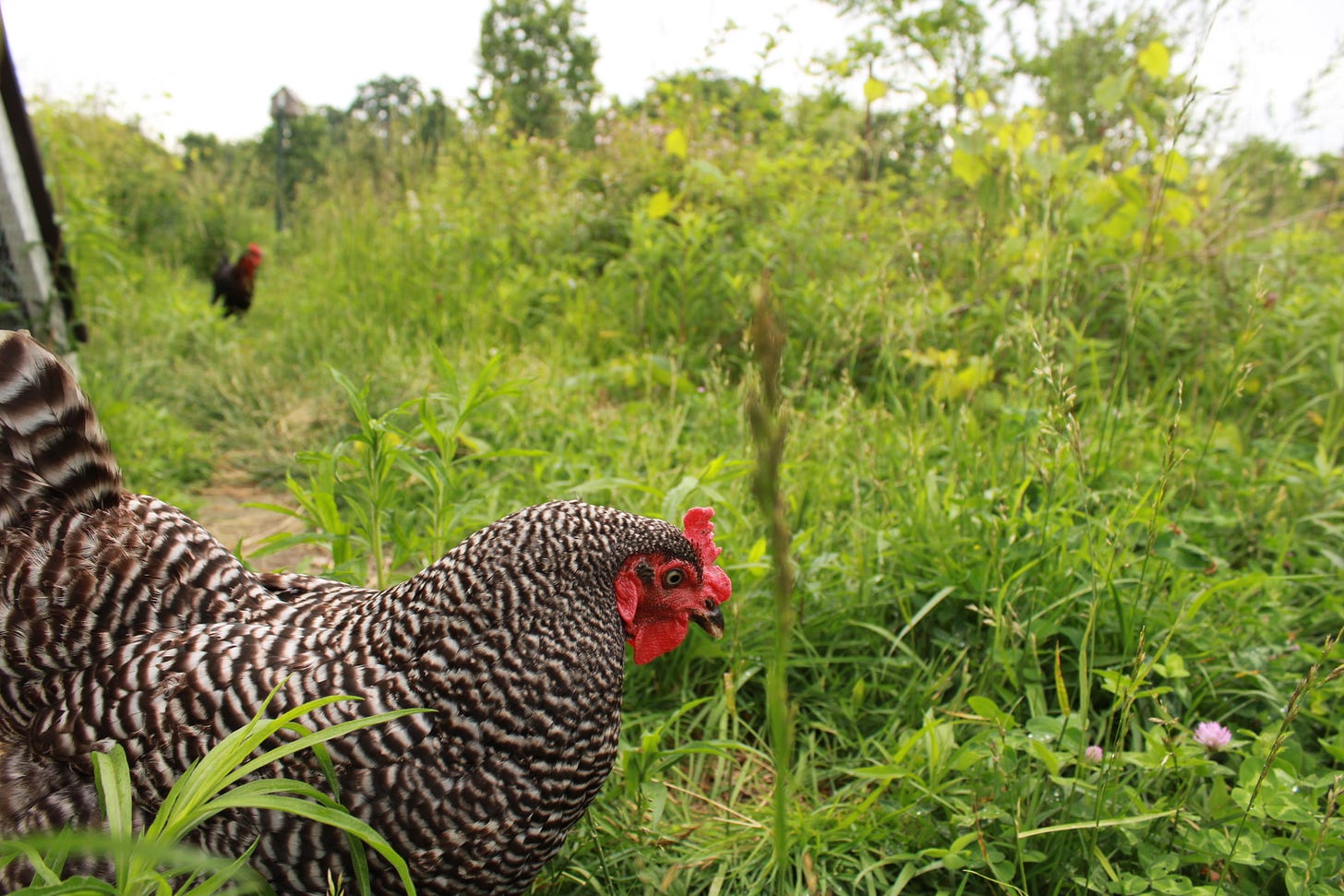
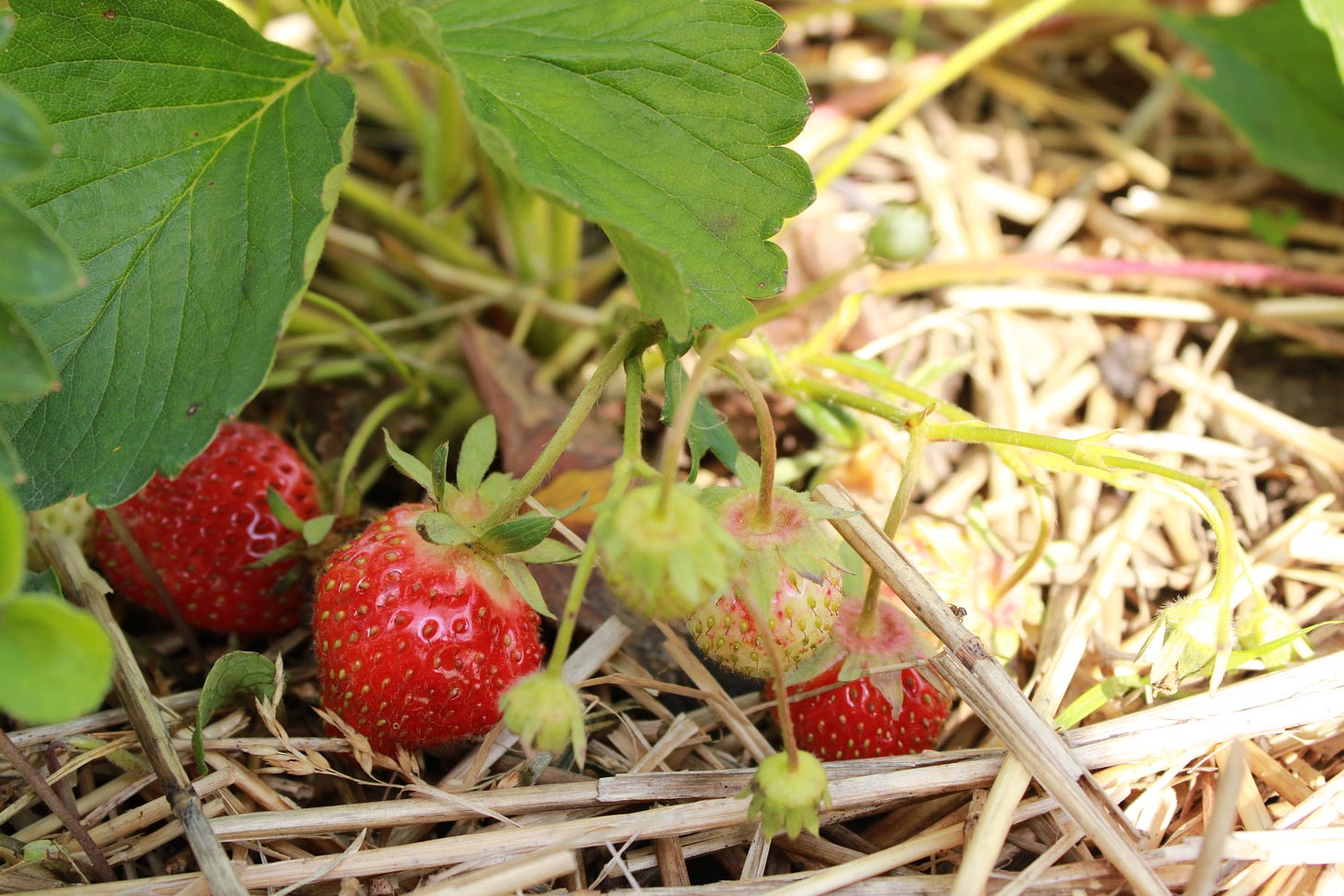
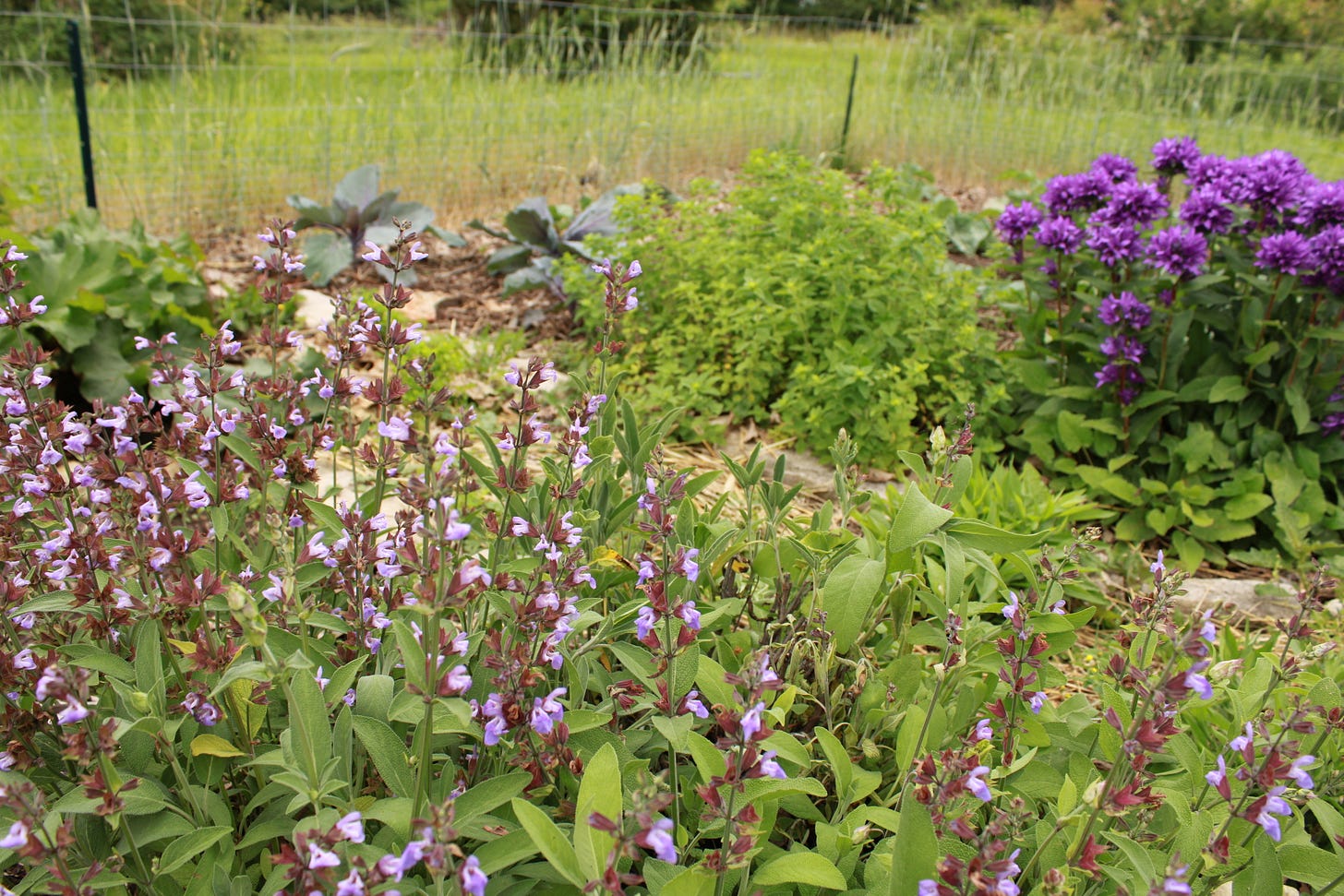
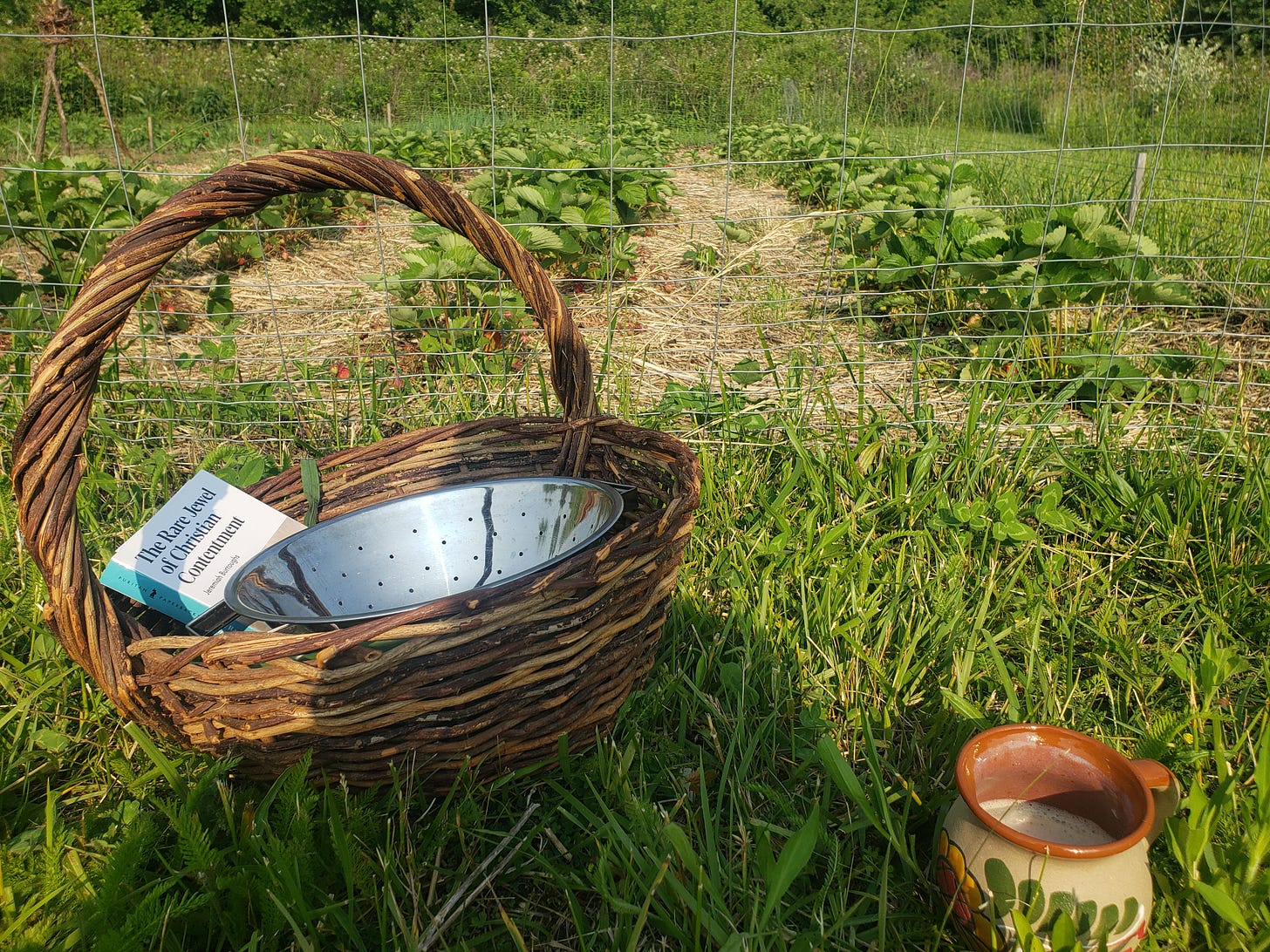

I just finished Far From the Madding Crowd and underlined that exact quote. In re-reading it this time, I thought about it in the context of parenting, which I hadn’t before. Lots of food for thought here!